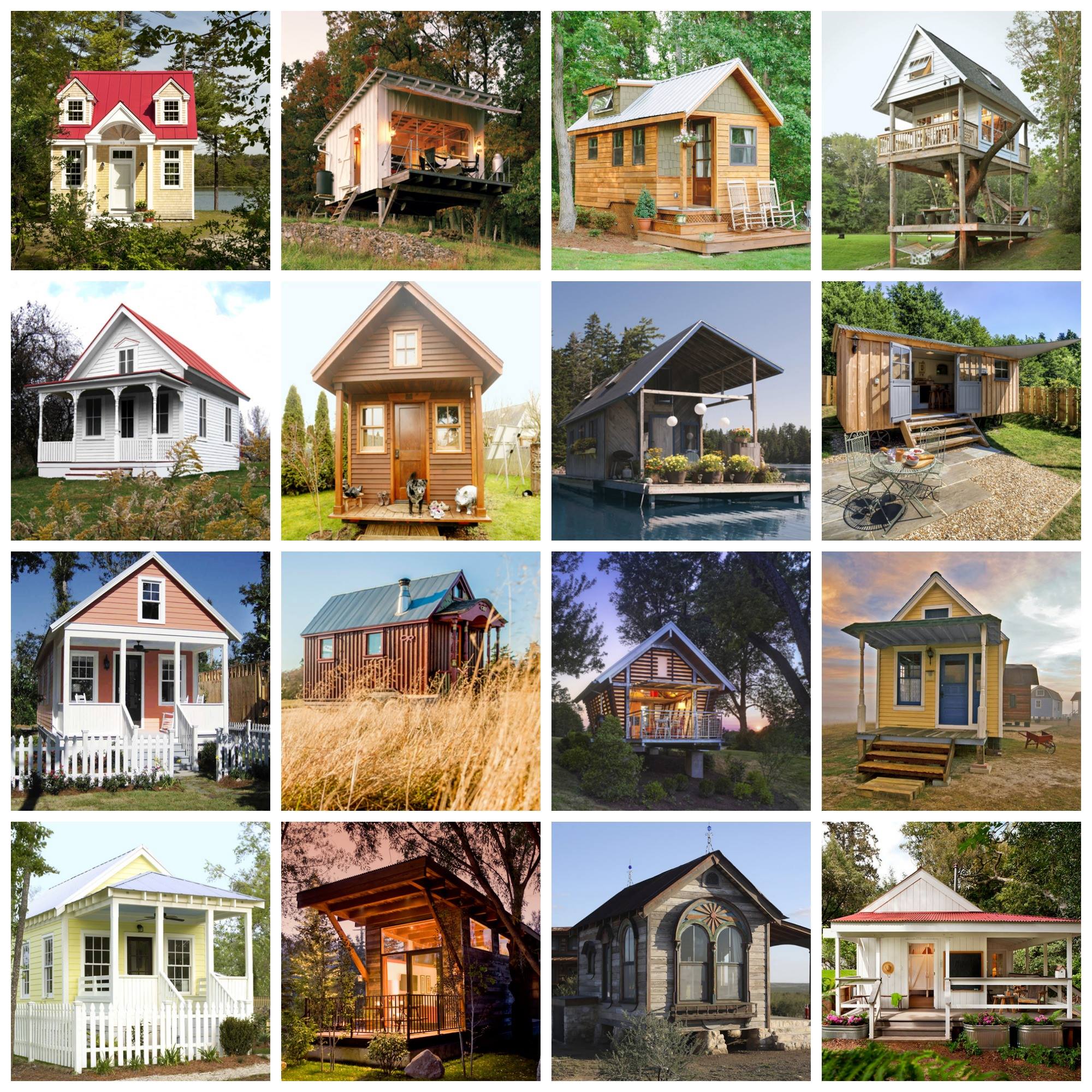What is the Tiny House Collective?
A teacher. An artist. A lawyer. A retiree.
Eclectic ethnicities. Diverse orientations. Varied ages.
We are folks from all walks of life who, despite our demographic array, share the common goal of artful, sustainable, responsible living. We created a 501(c)3 so land throughout Kansas City can be placed into long-term trust. Our goal is to insure affordable housing, with built in systems for environmentally sound care, not just for today - but for the next century.
Our mission is to develop ecologically friendly Tiny House villages and Tiny House private builds in Kansas City. Land in our trust not occupied by the Tiny House footprint will be used to produce food year-round for our members while maintaining the lowest carbon footprint possible.
The store clerk. The first-year teacher. The secretary.
Similar goals. Like-minded folks. Connecting communities.
We are a collective of people making a difference one city lot at a time.
What's a Tiny House?
What We Need
We have forged partnerships with local agencies such as Habitat for Humanity in Kansas City (our first Tiny House build coordinator), the Kansas City Public Library (developing our Tool Library), and the Missouri Land Bank (for parcel acquisition). Insofar all of the costs associated with THCKC have been absorbed by current board members. We are raising funds so that THCKC can become a viable nonprofit business entity.
To that end, we have some distinct financial goals in our near future:
- Start-up costs: legal filings, publicity tools, building tools, consultations, software/website fees, and media costs. $3200
- Operating costs: member packets, media packets, hiring profession assistance on projects, annual taxation on land in trust, annual renewal of social media tools, $1500
- General costs: Materials associated with running festival booths, promoting our KC Jamboree and basic supplies for office. $300
The Impact
The effect of your donations will be seen immediately. We are poised to accept land into our trust. Our board however will not accept land into trust until their fiduciary responsibility of tax liability is fulfilled. Your contribution to this campaign makes that happen.
In 2015, Habitat for Humanity is allowing us to shadow their development program.The Missouri Land Bank has property awaiting our acquisition. Kansas City Public Library is working to establish a public lending Tool Library. THCKC will be working round the clock to establish best practices and corporate oversight.
In 2016, we will embark on our mission to bring aesthetically pleasing and environmentally sound housing practices to several key neighborhoods in Kansas City. We are committed to home ownership, sustainability and neighborhood revitalization, NOT gentrification.
In 2017, we hope to be well underway resppnding to Neighborhood Associations interested in bringing Tiny House villages to their communities.
But we need your help to do this.
Risks & Challenges
As with all start-up ventures, there is risk. Our board will plan our building schedule annually. This schedule can only come to fruition if our fund raising and fee-based activities sustain our annual spending.
This initial capital campaign, should we not reach our goal, will act to supplement our Membership drive, solicited donations and grant applications. Our board seeks to diversify revenue sources so we are not dependent disproportionally on one source. So even if we do not reach our goal in this campaign, it will bring us that much closer to launching our organization.
Tiny House Collective Kansas City is a registered nonprofit in good standing in the State of Missouri. We have yet to receive our tax-exempt certification from the IRS, All donation to THCKC will be tax deductible upon receipt of that certification.
Other Ways You Can Help
Some people just can't contribute, WE GET THAT. There are other pertinent ways you can contribute to the success of THCKC:
- Copy and paste our fundraising links onto your social media outlets.
- Contribute time to one of our builds or neighborhood reclamation projects.
- Donate materials.
- Ask if your place of work participates in a matching grant program or has a community development service grant in place.





































